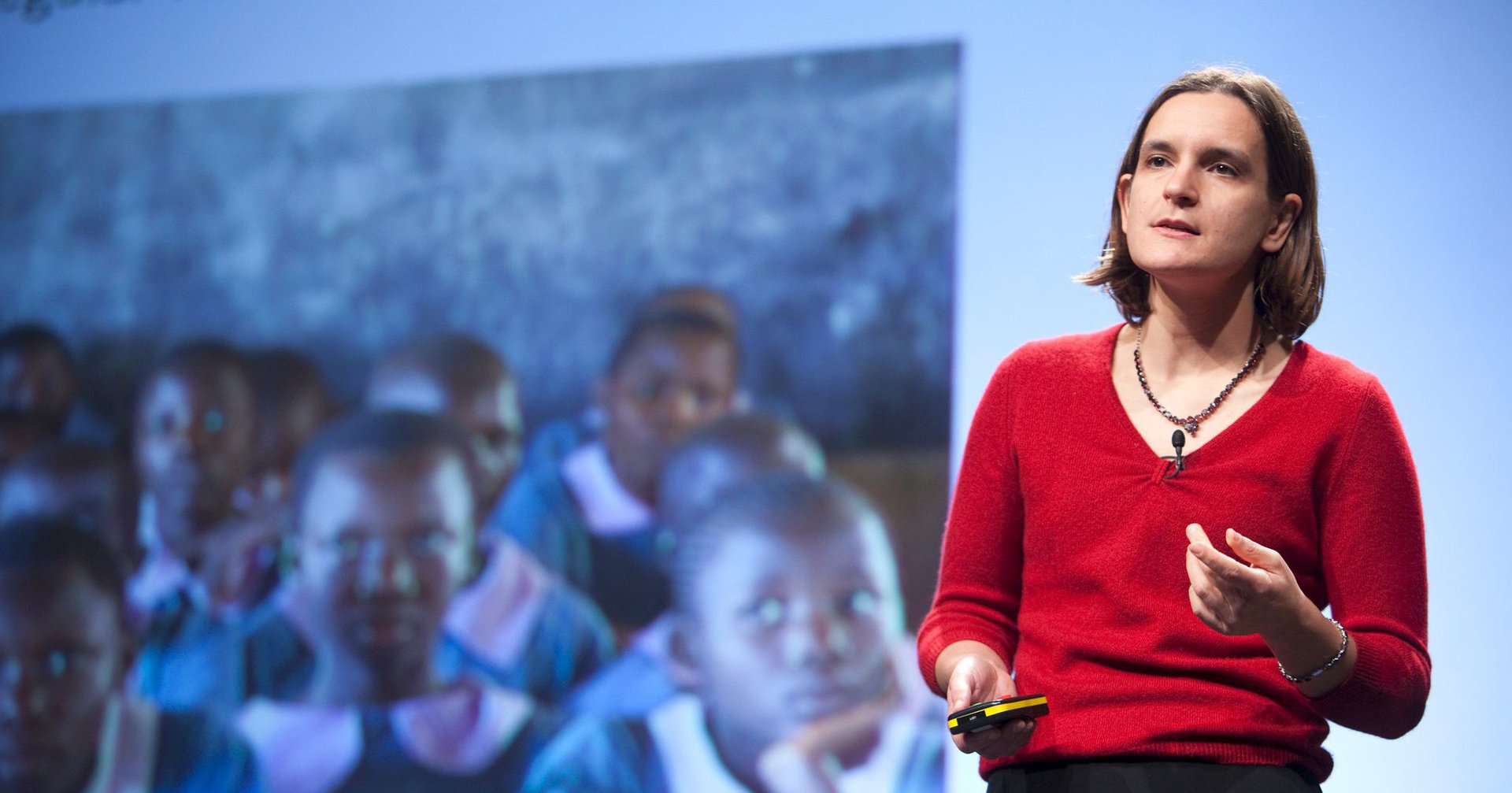It is no secret that women in the economics profession have been and still continue to be under-represented. Throughout time, institutions and academics have often disregarded female figures in the field. In 1976, Milton Friedman received the Nobel Prize for his theory on money supply and economic growth, while the contribution of his associate AnnaSchwartz remained unacknowledged. This year, history is determined not to repeat itself.
On October 14, Esther Duflo of the Massachusetts Institute of Technology (MIT) became the second woman laureate in economics and the youngest person to ever receive the prestigious award. Along with her economist husband Abhijit Banerjee and Harvard professor Michael Kremer, she adopted an “experimental approach” to alleviating global poverty. Their study suggests that dividing such a broad issue into “smaller, more manageable questions” is the most effective way to tackle it. According to The Royal Swedish Academy of Sciences, the winners’ revolutionary methods in development economics have had an immediate impact, as “more than five million Indian children have benefitted from effective programmes of remedial tutoring in schools”. Duflo also spoke up about how the discipline struggles to promote and respect female voices. In a phone interview with The Nobel Prize, Duflo claims that the general climate in economics discourages women from pursuing further studies or top-ranking positions in the field. Although she recognises recent positive changes concerning gender equality, the recipient of the award argues that improvement has not been “fast enough”.

Economics has a reputation for being a male-dominated area of study. In 2015, Harvard scholar Heather Sarsons discovered that papers written by a single author have “similar tenure rates” for both men and women, while coauthored papers have an “8% increase in tenure probability for men but only a 2% increase for women”. Two years later, the investigation of Berkeley student Alice Wu showed that women applicants for economics-related jobs were judged based on physical appearance, whereas their male colleagues were assessed on intellectual accomplishments. Duflo’s achievement, however, indicates that female economists are gradually breaking through the glass ceiling. When announcing the news of her victory, she said:
“Showing that it is possible for a woman to succeed and be recognised for success I hope is going to inspire many, many other women to continue working and many other men to give them the respect that they deserve like every single human being,”
Esther Duflo’s story is one of the many which once again prove that the future is female.

